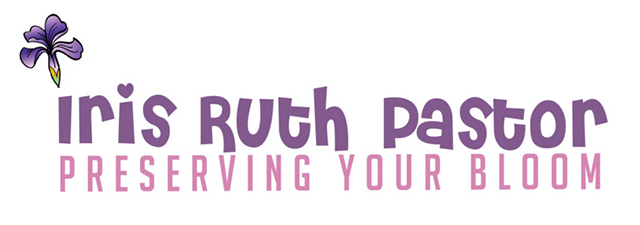When my five kids were little, there were days when I spent the majority of my productive hours organizing their toys. I remember endless hours spent putting their Legos of all shapes, sizes and colors in their respective boxes – only to wake-up the next day and do it all over again.
Ditto for wiping up spilled apple juice, wiping runny noses and cleaning off chubby little palms and fingers after they had dug in the backyard dirt.
Then my five babies grew up. And I began to write more frequently and with more intensity. I thought I was engaging in something very different than ministering to my small children’s needs. But, actually, it was the same template: trying to create a sense of order out of chaos.
Today, I’m kinda dialing back on trying to create order out of chaos, for the order is more elusive and the chaos is much larger in scope.
Instead, I’m intent on helping my readers see the world in a slightly different way than they may have otherwise.
Sometimes this is easy to accomplish.
Sometimes, my words get lost in the weeds, making minimal sense to me. And I’m not so sure I’m coming even close to that lofty goal.
This week’s column is of the latter ilk. Is it filled with platitudes or a little think-worthy? Who knows? I decide to roll with it anyway.
These days I feel like a bit actor in a scene from the movie Cabaret. It’s Berlin, 1931. The Nazi party is rising and the Weimar Republic is collapsing. And as the storm clouds of war form, the patrons of the Cabaret are at breakneck speed partying hearty – oblivious to what is soon going to happen? Am I waiting for something ominous to happen too?
The patrons of the nightclub may have been oblivious to the coming upheaval, but others clearly were not.
.
History’s most famous astrologer is Frenchman Nostradamus. Michel de Nostredame used the quatrain form to deliver his famous prophecies in the 16th century. He is credited with predicting such seismic events as Hitler’s rise to power and the 9/11 attacks on our own shores.
Nostradamus writes his predictions in verses known as quatrains, which is a stanza of four lines, usually having alternate rhymes. His quatrains are often difficult to predict because his references to specifics can be vague.
However, according to history.co.uk, Nostradamus “predicted a great war would occur in 2023.”
One line reads: seven months great war, people dead through evil.
Another line: sooner and later you will see great changes made, dreadful horrors and vengeances.
Can we dismiss these frightening phrases as mere groundless speculation? Or should we embrace them as gospel based on the eerie accuracies of his past quatrains with actual real events?
Who knows?
But one thing is known for sure: the world is in free-fall turbulence and near-constant upheaval and our anxieties are sky high. Something’s surely going on.
We feel fear.
We are anxious.
We are untethered.
Loss of control feels imminent.
Intellectually, we know to take breaks from the constant barrage of news updates, but we also feel an acute pull to still stay informed. The key perhaps lies in exposure to the news in digestible portions.
The key also lies in recognizing we are not alone and we are not entirely powerless.
We can manage our feelings of uncertainty and powerlessness by getting involved in our local community – by working on issues that are important to us personally. This is good for our mental health and our stability.
One way to accomplish this is to take part in things we feel comfortable with, such as peaceful rallies and gatherings, prayer vigils, and organized debates. Active listening and engaging in dignified discourse with those who hold opposing views can be helpful. However, if the conversation veers in a disrespectful or accusatory direction, removing ourselves may be best.
Reaching out to a friend, expressing our thoughts by journaling, drawing, dance or performing are always positive reactions to stave off despair.
And avoiding long rambling scrolling-through sessions on social media is also advised for it desensitizes our emotions and it numbs the senses.
And, of course, donating funds to organizations we feel best represent our interests and capture our sympathies is a positive reaction to distressing situations.
How to talk to our kids and grandkids about the Israel-Hamas War? That’s a tough one too. See below for that:
https://www.mentalhealth.org.uk/explore-mental-health/articles/talking-children-about-scary-world-events
So what’s the takeaway?
Small doses of news in digestible amounts
Taking care of ourselves and our loved ones
Coming together as a community
Giving of our time and resources
And, praying for peace in the Middle East
Keep Preserving Your Bloom,

